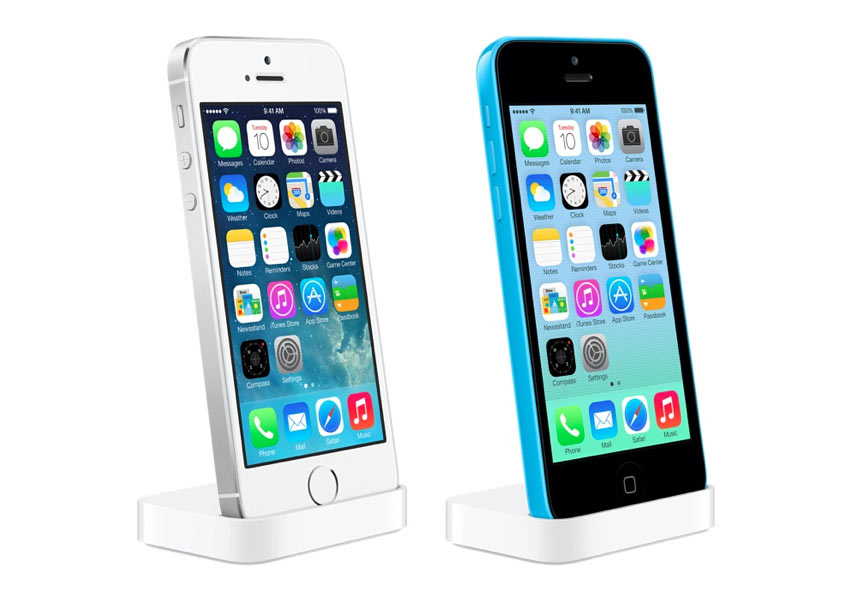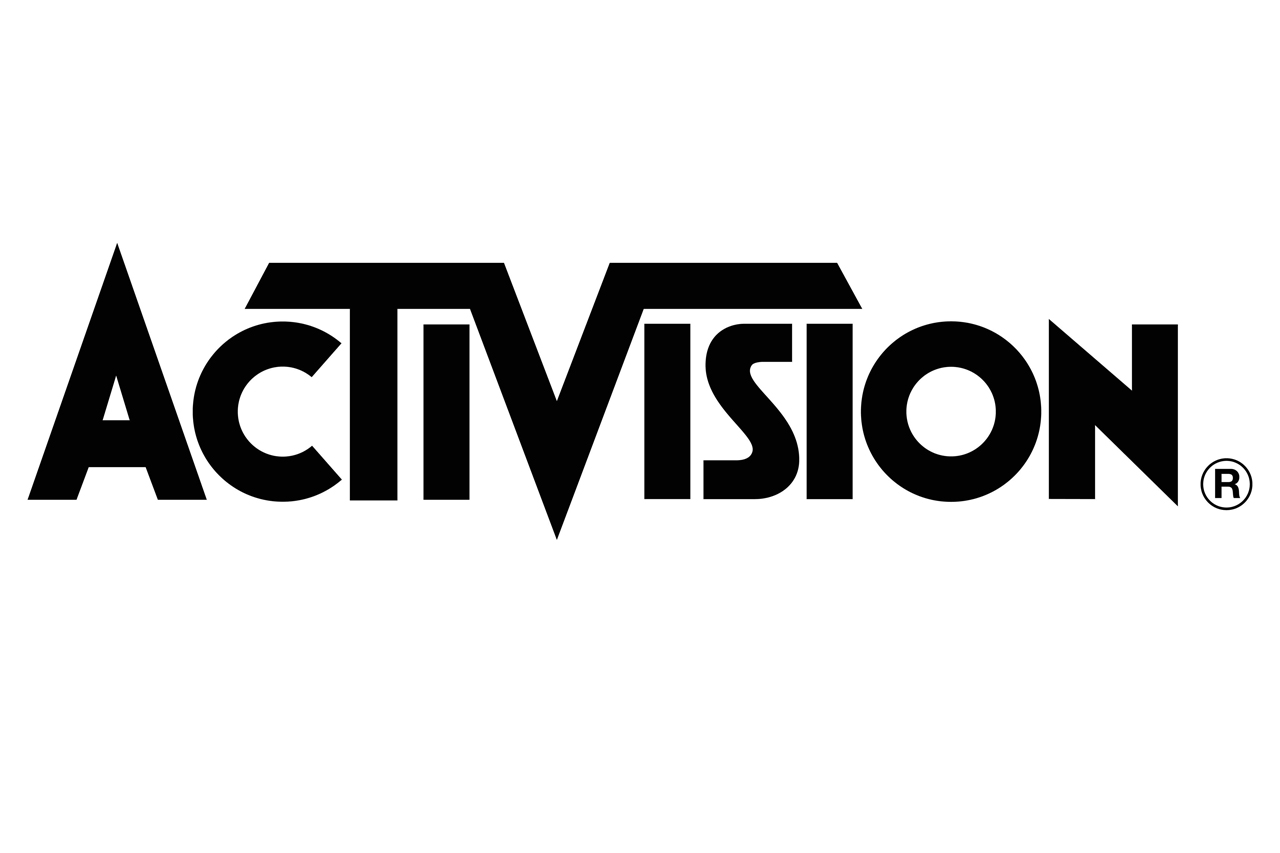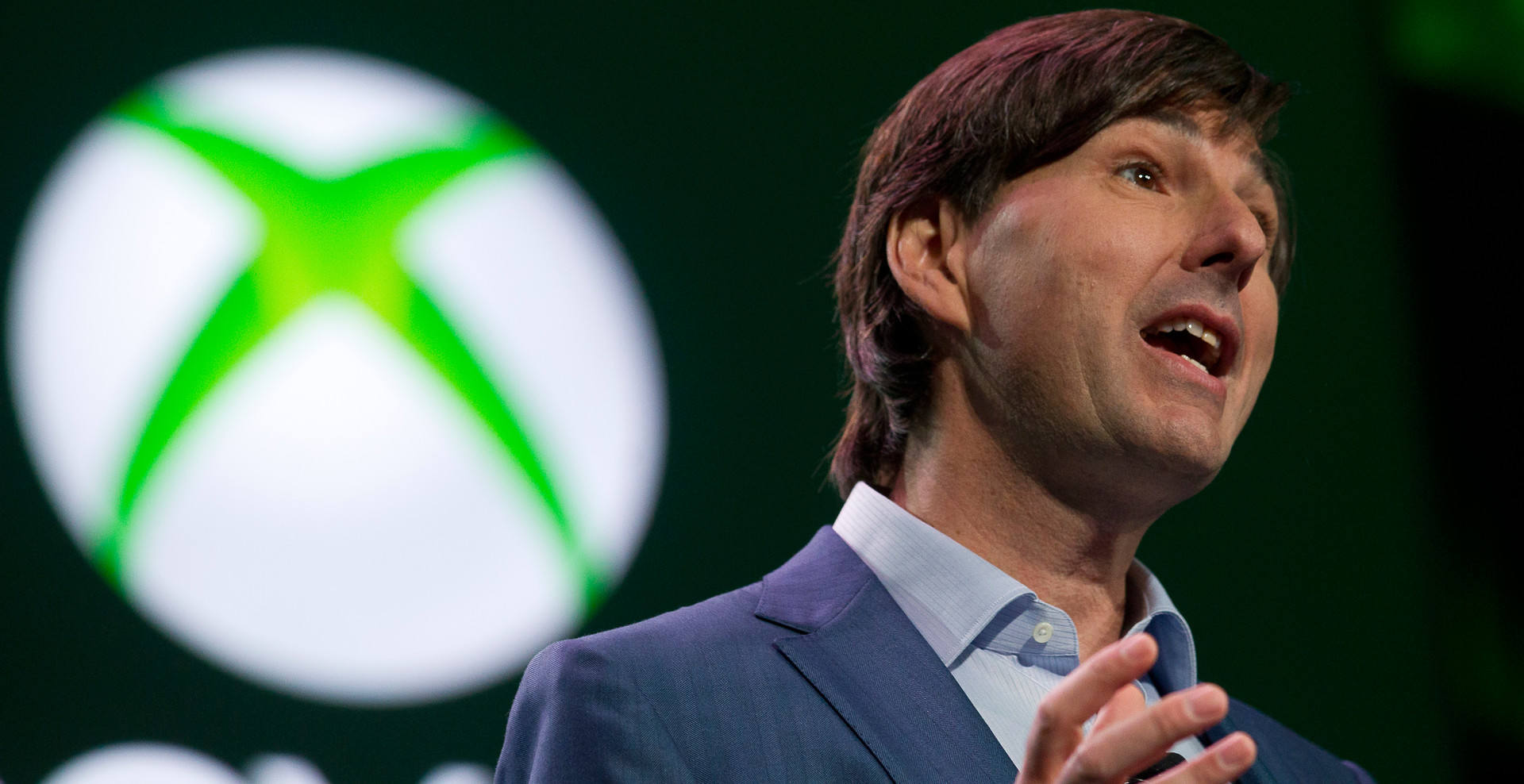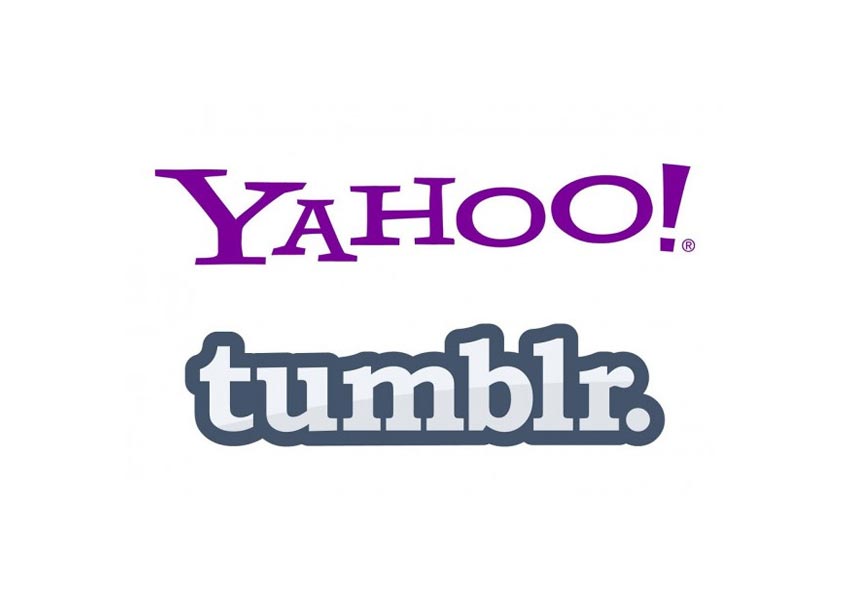The ruling against net neutrality and why you should be worried
Yesterday, a federal appeals court struck down the "net neutrality" rule that the FCC had implemented back in 2010. The ramifications of the decision will be widespread all over the internet, with the potential monopolization of the open web in danger of coming to fruition. However, what exactly is "net neutrality," and why should we be worried? If you want hard-hitting facts and a complete background on the issue, CNET has a large FAQ detailing the current hot button issue. For a general summary of why the anti-net neutrality ruling is so important and worrisome, the Wall Street Journal published a video which you can watch elsewhere.
Allow me to summarize the issue: Net neutrality means that every Internet Service Provider (ISP), such as Comcast, AT&T, Verizon, etc., must treat every piece of online content the same (hence, being neutral to all websites). Connection speeds for every website must be the same across the board, so YouTube videos are treated the same as Vines, Netflix speeds are the same as Redbox speeds, etc. Of course, each individual website must account for their own speeds due to content, large file sizes, etc. However, with the new ruling, the fairness of the open web is thrown out of the window in exchange for monopolizing and monetizing web services.
For example, AT&T could enter a contract with YouTube allowing AT&T subscribers to experience YouTube in full HD quality with the highest speeds; Comcast subscribers would still be able to access YouTube, just not at full speeds or the highest quality. The ruling opens up the field for major sites to monopolize their fields, restricting similar smaller sites from growing. As another example, Netflix could strike a deal with all of the ISPs to keep service running smoothly while also preventing services like Redbox or Amazing Instant from streaming at full strength.
This monopolization of the internet gives ISPs full power and control over the internet with no regulation. The FCC can (and should) appeal the ruling, but for now, we're facing a potential new era of the internet where we are powerless to resist new business models (i.e. "online packages" much like cable/satellite subscriptions). Small sites, such as Ruby Hornet, face a treacherous road under this new dawn of the internet, with consumers and businesses alike affected the most by the ruling.
We'll make sure we keep all of you informed of new rulings and appeals as they happen.
Tiger Woods and Electronic Arts break up
Tiger Woods' namesake on EA Sports' PGA Tour franchise won't be returning for future installments. Electronic Arts and Woods both agreed to the "mutual decision" to not have Woods' contract renewed for use on the PGA Tour video game series. Considering the popularity of the PGA Tour series ($771m lifetime sales), both EA Sports and Woods are expected to face some financial loss.
However, the game franchise will still prosper with notable professional golfers like Rory McIlroy and Arnold Palmer still appearing in future sequels. Woods' agent, Mark Steinberg, has confirmed that negotiations with another video game studio are taking place, but considering EA Sports' dominance in the sports sphere, any other non-EA Sports Tiger Woods game would face a lot of competition.
[via ESPN]
Apple sells more than nine million iPhone 5s, iPhone 5c models in first three days
The new era of Apple’s popular iPhone ushered in on Friday with the launch of two new models: the iPhone 5s and the iPhone 5c. As has been customary for years, many lined up to be among the first to take a bite out of Apple’s next wave of the popular smartphone, so much so that the company has set a new record.
This morning, Apple announced that the combined weekend sales of the iPhone 5s and iPhone 5c had reached nine million units sold with plenty more to come over the upcoming weeks as stores are restocked with extra shipments. Of course, the news comes with an asterisk to the record as this is the first time that Apple has released two new iPhones at the same time; the eight different color variations for the smartphones (three for the iPhone 5s, five for the iPhone 5c) also helped pad the enormous amount.
Of course, nine million units sold in three days is nothing to scoff at despite any positive PR spin Apple applies to the launch. However, what would be more eye-opening would be the revenue the company made over the same three day time period with the cheapest versions of each phone priced at $199 for the iPhone 5s and $99 for the iPhone 5c.
[via engadget]
Activision becomes independent, buys $8.2 billion in shares from Vivendi
The largest video game publisher just became independent. Activision Blizzard, the publisher behind the Call of Duty, Warcraft, and Guitar Hero franchises, bought back an $8.2 billion share from parent company Vivendi earlier today. Under the Activision Blizzard name, 429 million shares that equate to roughly $5.83 billion will be bought, while Activision Blizzard CEO Bobby Kotick and co-chairman Brian Kelly will head a group that will purchase 172 million shares (roughly $2.34 billion). Vivendi will still have a 12% stake/82 million shares in the company following the transaction.
This comes after Vivendi was looking to offload its shares in the video game company last summer. The French company, which also owns Universal Music Group (Rihanna, Nicki Minaj, Lady Gaga, etc.) and the French TV channel/movie production company Canal+, originally merged its Vivendi Games unit with Activision Blizzard for $9.8 billion in 2009. The move made Activision Blizzard the largest video game publisher alongside Electronic Arts.
With its newfound independence, Activision is banking on its franchises' successes without a parent company funding them. Considering the most recent Call of Duty game, Black Ops 2, made $1 billion in its first 15 days of release, I think it's safe to say Activision will be able to prosper on its own.
[via New York Times]
Don Mattrick breaks up with Xbox, enters an affair with Zynga
Talk about jumping from one sinking ship to another, former Microsoft President of the Interactive Business Don Mattrick recently was named the CEO for internet gaming company, Zynga. Mattrick's departure from Microsoft comes immediately after the scrutiny that faced the Xbox One, resulting in the company backtracking from all of the proposed, pro-DRM/anti-consumer features the gaming console was set to implement. Announced earlier today was Mattrick's replacement, Julie Larson-Green, who is currently acting as the Corporate Vice President of Windows.
Of course, Mattrick might be facing a different kind of problem as Zynga is currently facing its own problems as the once-popular gaming company is teetering on the edge of bankruptcy. As the new incoming CEO of Zynga, he will be replacing Zynga founder Mark Pincus, who himself will be stepping down to become a chairman for the company. It'll be interesting to see if Mattrick's past successes with the Xbox (Xbox One shenanigans notwithstanding) can carry over to a vastly different platform. Wall Street at least has faith in Mattrick's influence, as stock for the company closed at a 10% increase.
Mattrick must really thrive on facing problems. It's too early to expect much from Zynga this early in their new direction, but considering the whole online/Facebook gaming fad has all but passed, I don't foresee Mattrick's attachment being enough to bring Zynga back to the level it was at previously.
Yahoo Buys Tumblr for $1.1 Billion
In an attempt to appeal to younger generations, Yahoo CEO Marissa Mayer confirmed the purchase of blogging service Tumblr for a startling $1.1 billion. Tumblr, a site known for its assortment of GIF-heavy blog posts, is popular amongst younger crowds. Mayer wrote a Tumblr post herself, promising "not to screw it up." A good sign of Yahoo's promise is retaining Tumblr founder David Karp in the same role as CEO. Karp also assured no major changes would be made, stating, "Our team isn't changing. Our roadmap isn't changing. Tumblr gets better faster with more resources to draw from."
However, what does the acquisition mean for both Yahoo visitors and Tumblr loyalists? Tumblr might see an increase in advertisements as a way for Yahoo to monetize the site. However, a huge problem potential advertisers face is the large number of Tumblr accounts sharing pornographic material. Yahoo might claim to act as transparent as possible, but I wouldn't be surprised if they begin to come down on the more adult-driven blogs. On the plus side, popular Tumblr blogs could be displayed on Yahoo's front page.
Only time will tell exactly how the acquisition will affect either party, but one thing's for sure: Yahoo's ready to jump back into the fray alongside Google. Who knows? Maybe we'll hear the classic "Yahooooo!" yodel from yesteryear once again.
[via CNN Money]






